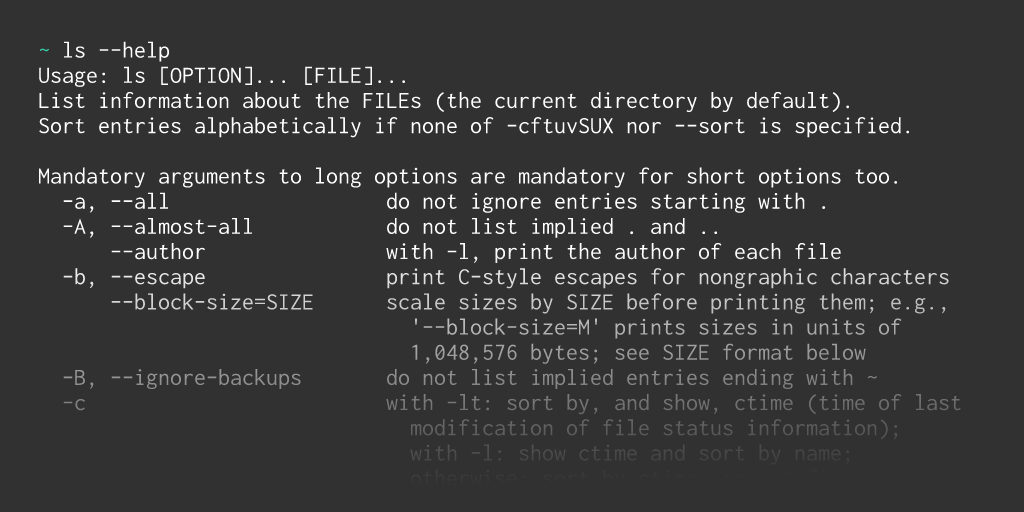You step into a crowded room, maybe a convention center floor, or a wedding reception, or a meetup of tech professionals. Faces start to blur together. Voices crowd one another out.
You have just a few seconds to ask your brain some very basic questions, including, "Who's here?" Essentially, you're asking your brain the human equivalent of ls, which lists the files and folders in a given location. Your brain does some phenomenal computations and returns a bunch of facts about the people around you.
That's ls for you. It answers the question, but it's not always pretty, and it might not give you any sense as to what to do next.
If you could find a way to make that answer better, wouldn't you?
Ask the right question, make people mad
I recently stumbled across a relatively new tool called exa, which bills itself as a "modern replacement for ls," on Hacker News. As someone who runs Fedora on my primary machine, I'm always curious to discover new tools that might make some aspect of my daily use and administration better.
The post has a solid number of points (736 at the time of writing), but the number of comments surprised me—what about a simple terminal application warrants nearly 400 responses?
Scroll down a ways in the comments, or wade into one of the deeply-nested conversations, and you'll start to find little hints of the anger-twinged reaction to exa.
There were complaints about the binary's vast 3MB size:
exa is written in Rust, so it’s small
I suspected this would be total bullshit, and it is. Its small
by subscribing to our newsletter.




